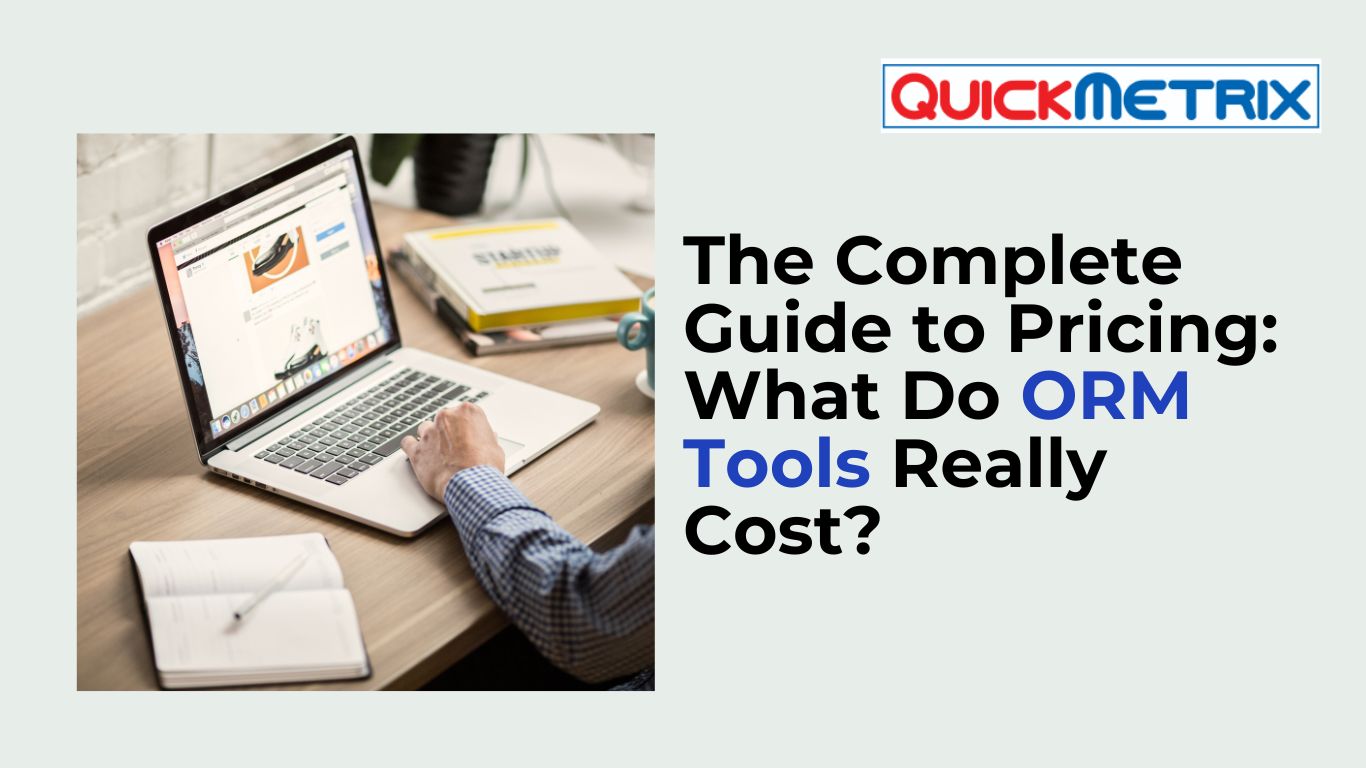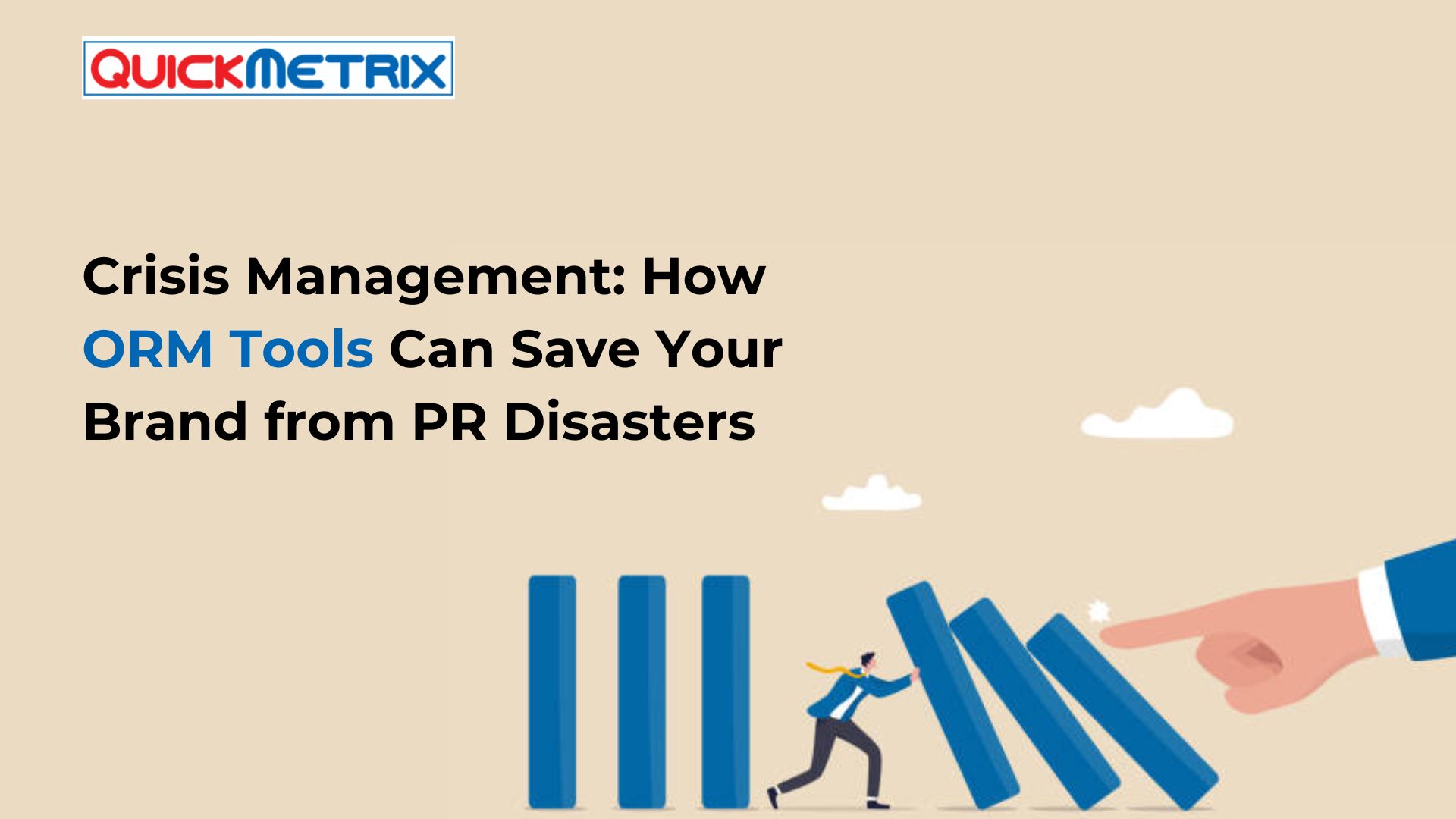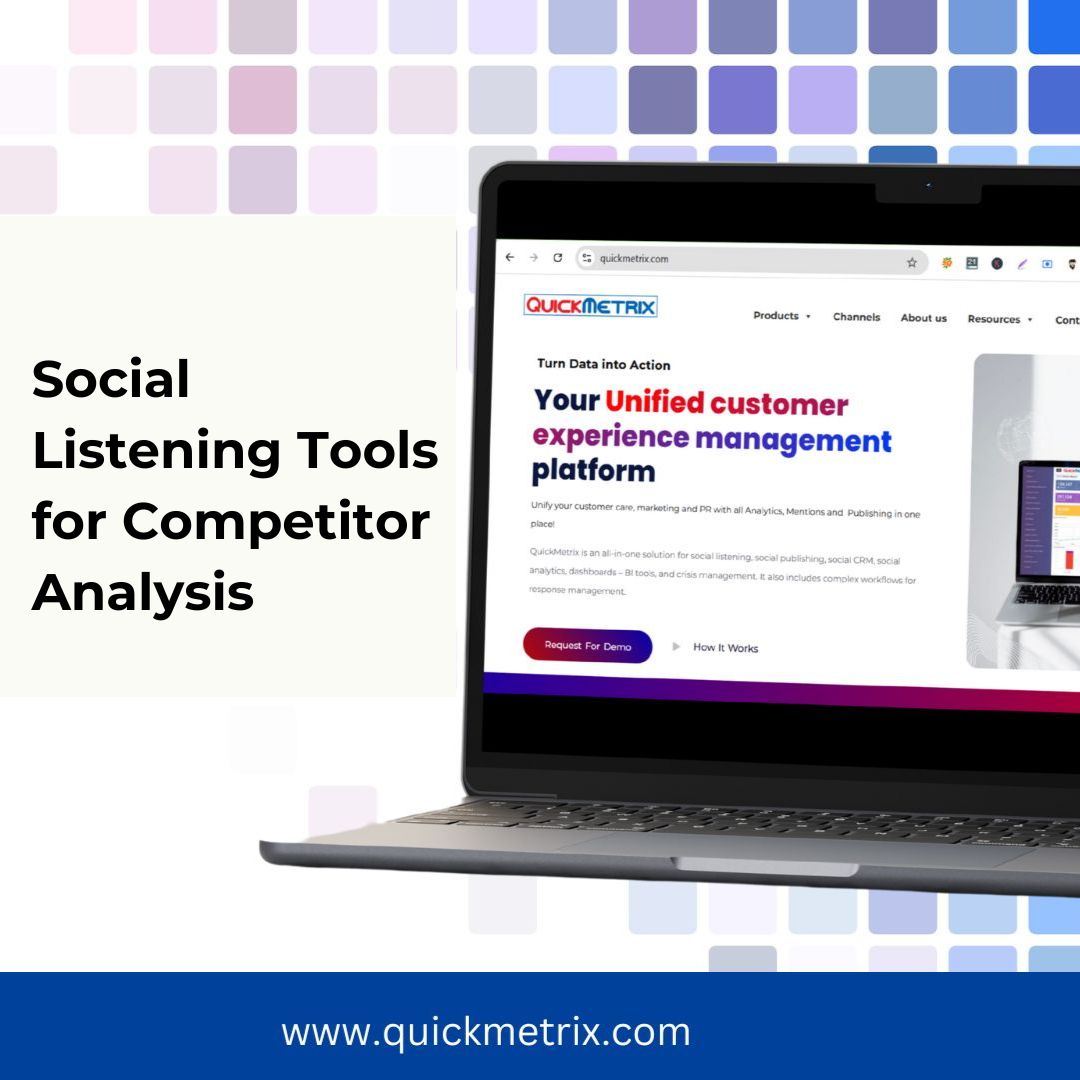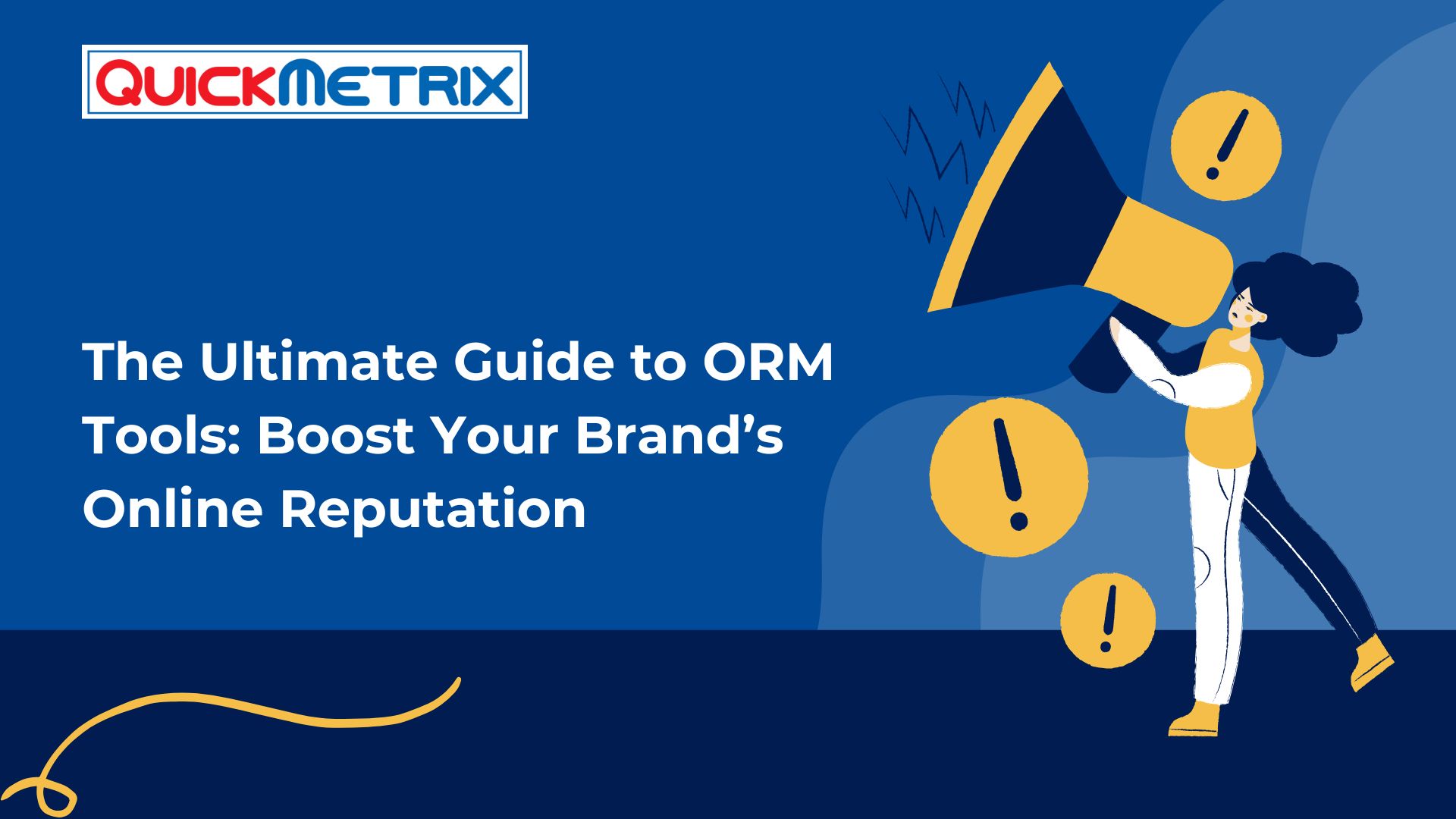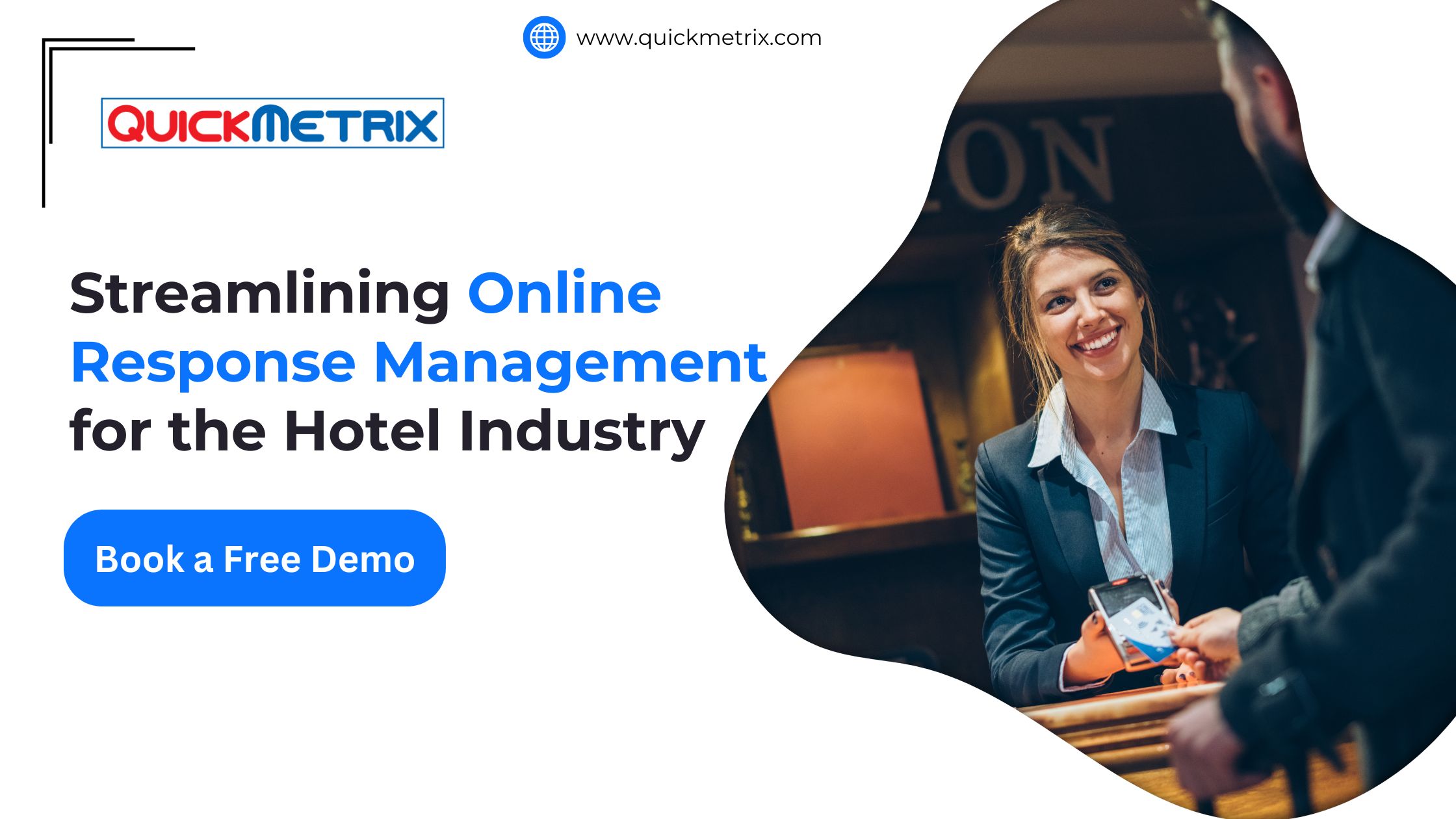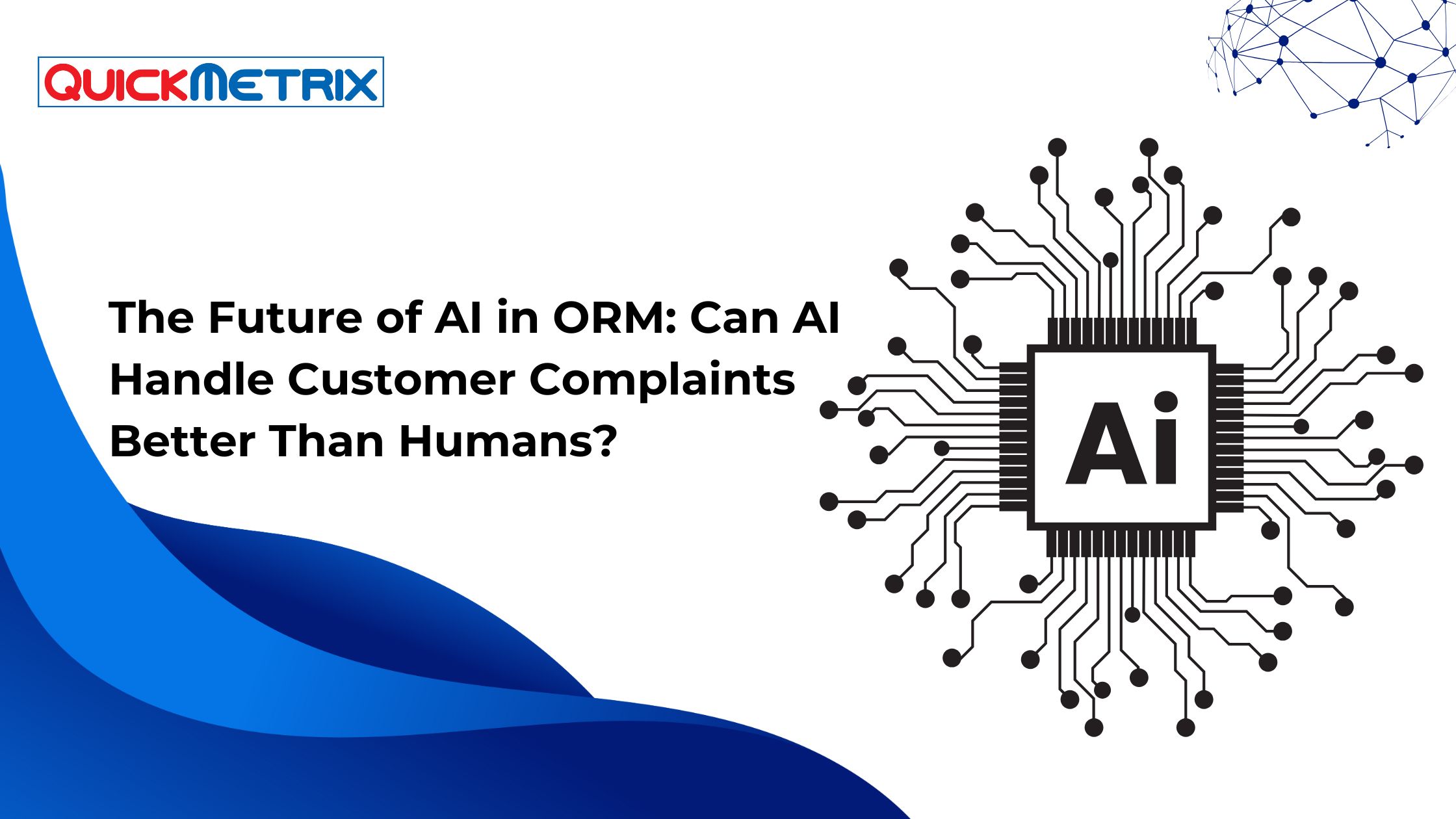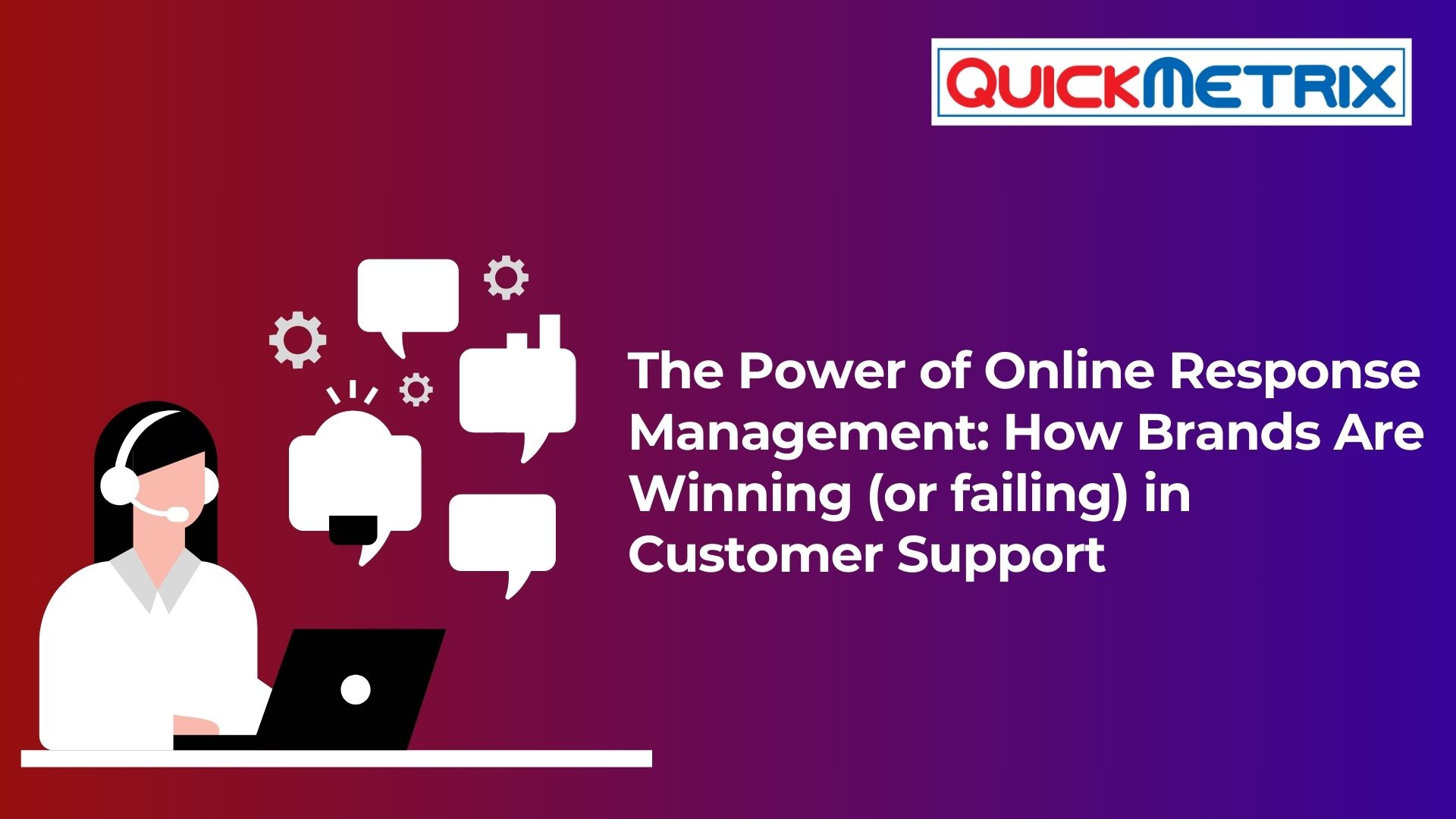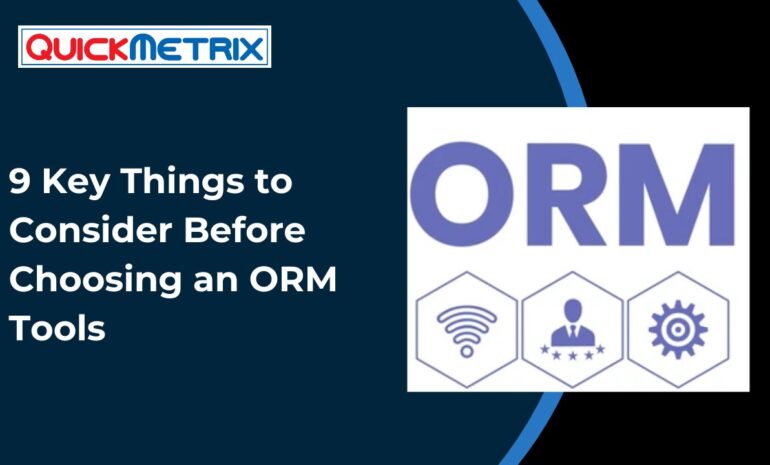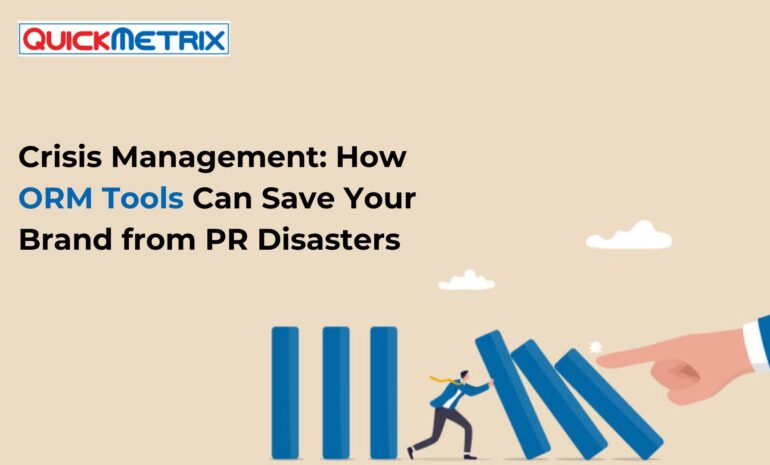The Complete Guide to Pricing: What Do ORM Tools Really Cost?
- Understanding ORM Tools and Their Purpose
- What is Online Response Management (ORM)?
Online Response Management, or ORM, the practice of monitoring and influencing how your brand or personal image is perceived online. In today’s digital world, where information spreads like wildfire, having a good reputation is essential. ORM encompasses strategies and tools designed to promote positive content and suppress negative narratives about individuals or businesses.
- The Role of ORM Tools in Reputation Management
ORM tools serve as essential allies in safeguarding and enhancing your online presence. These tools help you track mentions of your brand, analyze sentiment around your content, and manage reviews across various platforms. Whether you’re a small business owner or a public figure, ORM tools assist you in shaping perceptions, addressing potential issues before they escalate, and creating a more favorable online image.
- Current Trends in ORM Tools and Services
The digital landscape is ever-evolving, which means ORM tools are also changing to keep up. Currently, we see a rise in automation and artificial intelligence within ORM tools, making them more efficient and user-friendly. There’s also a growing emphasis on overall brand management rather than just reputation, reflecting a more holistic approach to online presence.
- Types of ORM Tools Available
- Software-Based ORM Solutions
Many businesses lean toward software-based ORM solutions. These platforms often come packed with features like sentiment analysis, social media monitoring, and review management. Popular options include QuickMetrix, Sprinklr, Meltwater, Reputology and Brandwatch, providing an accessible way for businesses to manage their reputation without needing extensive resources.
- Agency & Consultancy ORM Services
For those who prefer a hands-off approach, hiring a dedicated agency or consultant can be beneficial. These services often include comprehensive strategies tailored to your specific needs. Software companies like QuickMetrix, Meltwater, Sprinklr, Reputation Defender can help you navigate the complex world of online response management, allowing you to focus more on running your business.
- Hybrid Approaches to ORM Management
Some companies find success in a combination of both software tools and agency support. This hybrid approach allows businesses to take advantage of data-driven insights while also benefiting from expert advice. It ensures that you have the best of both worlds—technology at your fingertips and professional guidance whenever needed.
III. Factors Influencing ORM Tool Costs
- Features and Functionality of ORM Tools
The cost of ORM tools can vary significantly based on their features and functionalities. Basic tools with limited features may cost less, while comprehensive platforms equipped with advanced analytics or customer support can be pricier. It’s essential to evaluate what your specific needs are to avoid overspending on unnecessary features.
- Scope and Scale of Response Management Needs
The more extensive your response management needs, the higher the potential costs. Businesses with broader online presences—like those in multiple regions or industries—will often require more robust solutions. Assessing your unique requirements can help scale the right solution for your budget.
- Market Competition and Pricing Models
Just like any other market, competition among ORM tool providers can influence pricing. With a range of options available, you have the flexibility to find a tool that fits your budget. However, it’s crucial not to sacrifice quality for a lower price—finding the right balance is key.
- Comparing Pricing Models of ORM Tools
- Subscription vs. One-Time Payments
ORM tools typically operate on either a subscription model or offer one-time payment options. Subscription models often involve monthly or yearly fees, providing ongoing support and updates, while one-time payments might limit future enhancements. Each model has its pros and cons, so weighing them against your business needs and cash flow is essential.
- Pay-As-You-Go Pricing Structures
Some tools offer pay-as-you-go pricing, where you are charged based on usage. This option can be appealing if you have fluctuating needs or prefer to test a service before committing fully. It’s a great way to dip your toes in without a significant upfront investment.
- Custom Pricing for Tailored Solutions
If your requirements are unique, some ORM service providers offer custom pricing. This could mean negotiating a plan that aligns perfectly with your needs, whether that includes added features or specific types of support. It’s worth reaching out to providers to discuss what works best for you.
- Evaluating the Return on Investment (ROI) of ORM Tools
- Measuring the Effectiveness of ORM Tools
To determine the ROI of ORM tools, you’ll want to look at metrics such as engagement rates, sentiment changes, and overall traffic. Monitoring these metrics before and after implementing an ORM strategy can give you a clear picture of effectiveness.
- Long-term Value versus Short-term Costs
While some might be hesitant to invest a lot upfront, consider that the long-term benefits of a solid reputation can outweigh the initial costs. A good reputation can lead to increased customer loyalty, better partnerships, and new opportunities.
- Case Studies: Success Stories in ORM Investment
Many businesses have successfully implemented ORM strategies that paid off handsomely. For instance, a small restaurant that addresses negative reviews proactively saw a significant increase in customer visits after revamping its online image. These success stories highlight the real-world value behind effective ORM investments.
Conclusion
Summary of Key Insights on ORM Tool Pricing
Understanding what ORM tools really cost is crucial for any business aiming to protect and enhance its online reputation. By exploring various types of tools, understanding pricing models, and evaluating ROI, you’ll be better equipped to find a solution tailored to your needs without breaking the bank.
Frequently Asked Questions (FAQs)
What is the average cost of ORM tools?
The average cost can vary widely based on the tool’s features, functionality, and whether you opt for software, agency services, or a hybrid approach. Prices can range from $150 a month for basic software to thousands for comprehensive agency packages.
How do I choose the right ORM tool for my needs?
Consider your specific requirements—think about your budget, the features that are most important to you, and the level of support you may need. Research different options and don’t hesitate to reach out for demos or free trials.
Are ORM tools worth the investment for small businesses?
Absolutely! Small businesses can greatly benefit from ORM tools as a good online reputation can lead to increased customer trust, more sales, and higher visibility. The cost can often be offset by improved consumer engagement and loyalty.
Top Social Listening Tools in 2025: Why QuickMetrix Deserves Your Attention
In the world of digital marketing, conversations are currency. ...
Read More9-key-things-to-consider-before-choosing-an-best-orm-tool (Online response management tools)
IntroductionIn today's hyper-connected world, a single unresolved tweet or ...
Read MoreCrisis Management: How ORM Tools Can Save Your Brand from PR Disasters
Understanding Crisis Management in the Digital AgeDefinition and Importance ...
Read MoreSocial Listening for Financial Services: How Banks & FinTechs Stay Ahead
Introduction to Social Listening in Financial Services Definition ...
Read MoreThe Journey of QuickMetrix: Insights from Surendra Baliga on Building a Successful SaaS Business
The entrepreneurial journey is often filled with challenges, learning ...
Read MoreMastering the Market: How to Use Social Listening Tools for Real-Time Competitor Analysis
1. Introduction to Social Listening Tools1.1 What is Social ...
Read MoreHow to Get the Most Out of Social Listening Tools and Why Businesses Invest in Them
How to Get the Most Out of Social Listening ...
Read MoreUnderstanding ORM Tools: A Comprehensive Guide to Managing Your Brand’s Online Reputation
In today's digital landscape, a brand's online reputation is ...
Read MoreThe Ultimate Guide to ORM Tools: Boost Your Brand’s Online Reputation
The Ultimate Guide to ORM Tools: Boost Your Brand’s ...
Read MoreTop 10 Online Reputation Management (ORM) Tools for Social Media in 2025
Top 10 Online Reputation Management (ORM) Tools for Social ...
Read MoreListening to the Noise: How to Monitor Conversations That Matter to Your Brand
Understanding the Importance of Monitoring Brand Conversations 1.1 The Role ...
Read MoreStreamlining Online Response Management for the Hotel Industry
1. Understanding Response ManagementOnline response management to how hotels ...
Read MoreThe Future of AI in ORM: Can AI Handle Customer Complaints Better Than Humans?
I. Introduction to Online Response Management (ORM)/ Online reputation ...
Read MoreThe Power of Online Response Management: How Brands Are Winning (or failing) in Customer Support
The Shift to Digital Customer Support : Online ...
Read More